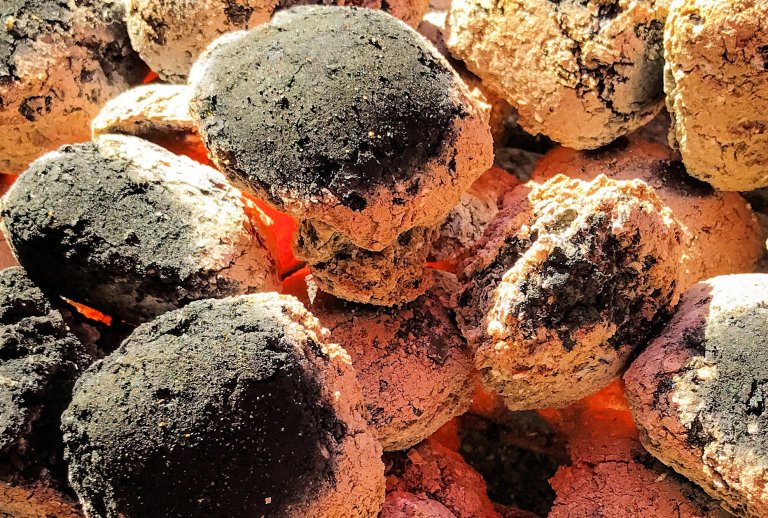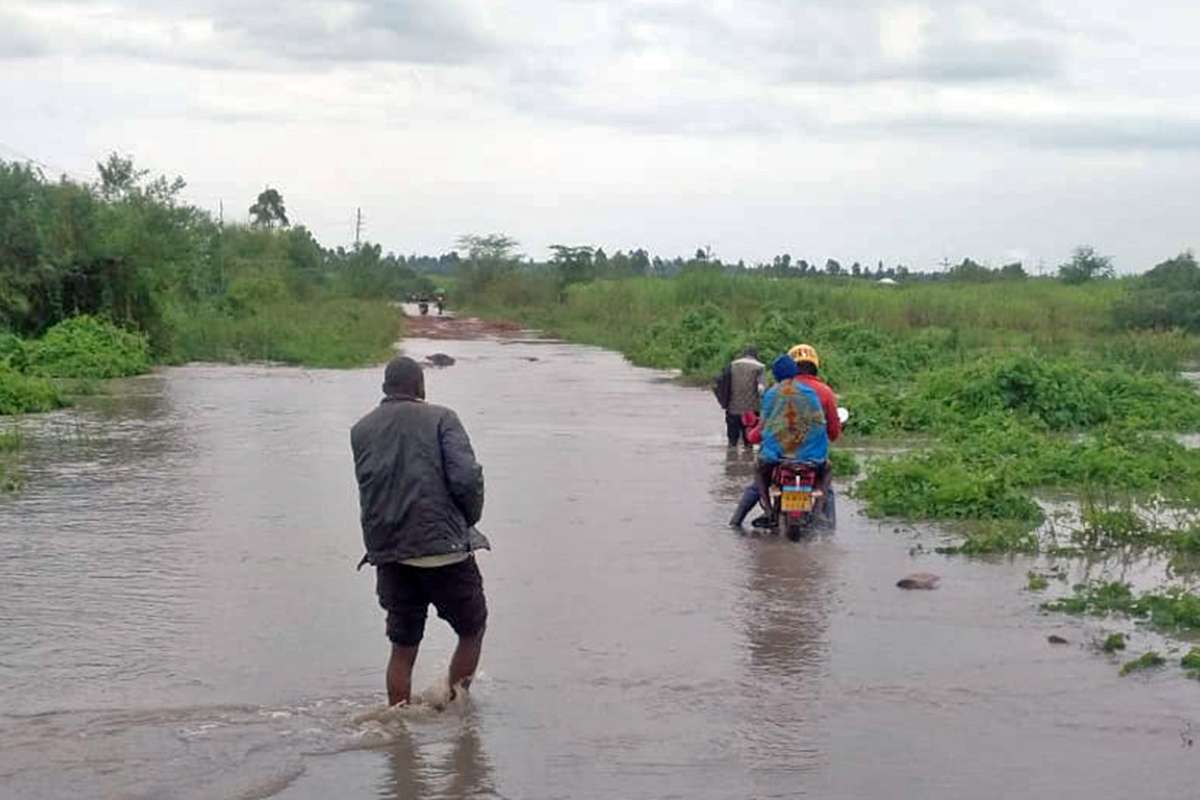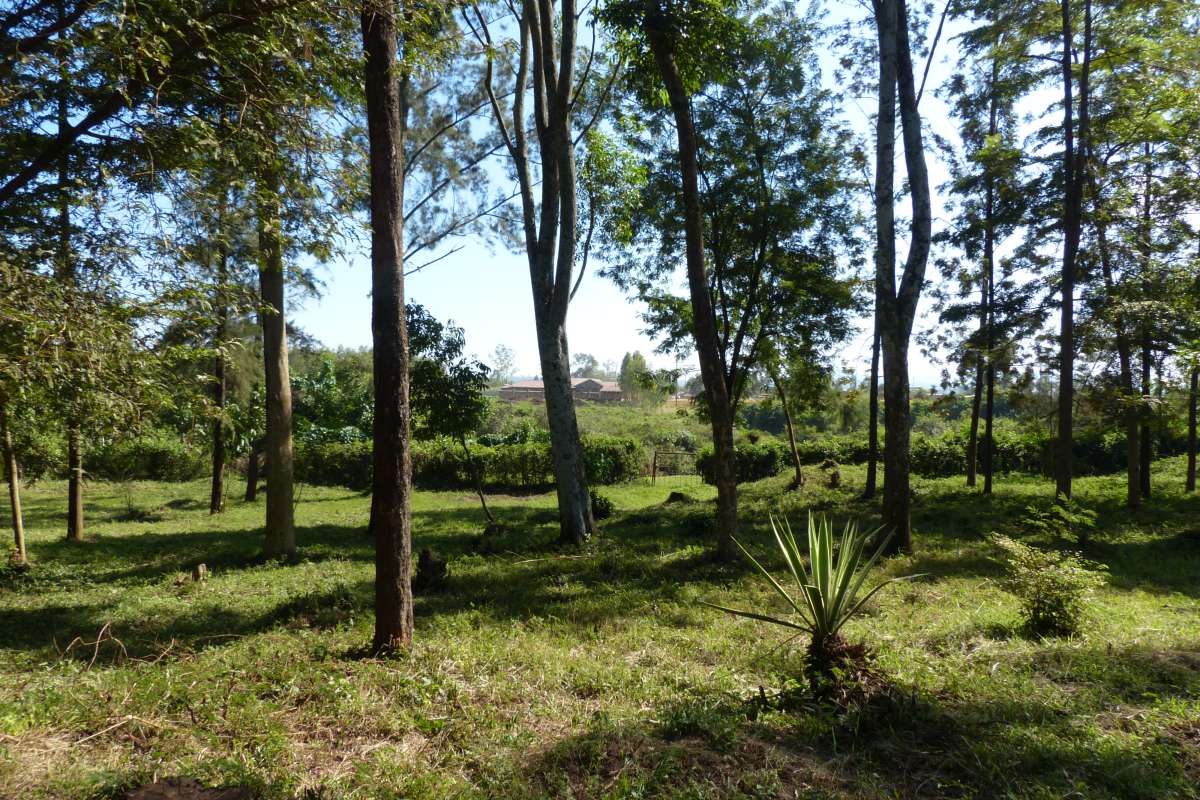Division of Forest and Forest Resources
Biofuel4Kenya: Improving Framework Conditions and Skills for Private Sector Development in Biofuel Value Chain in Kenya (Biofuel4Kenya)
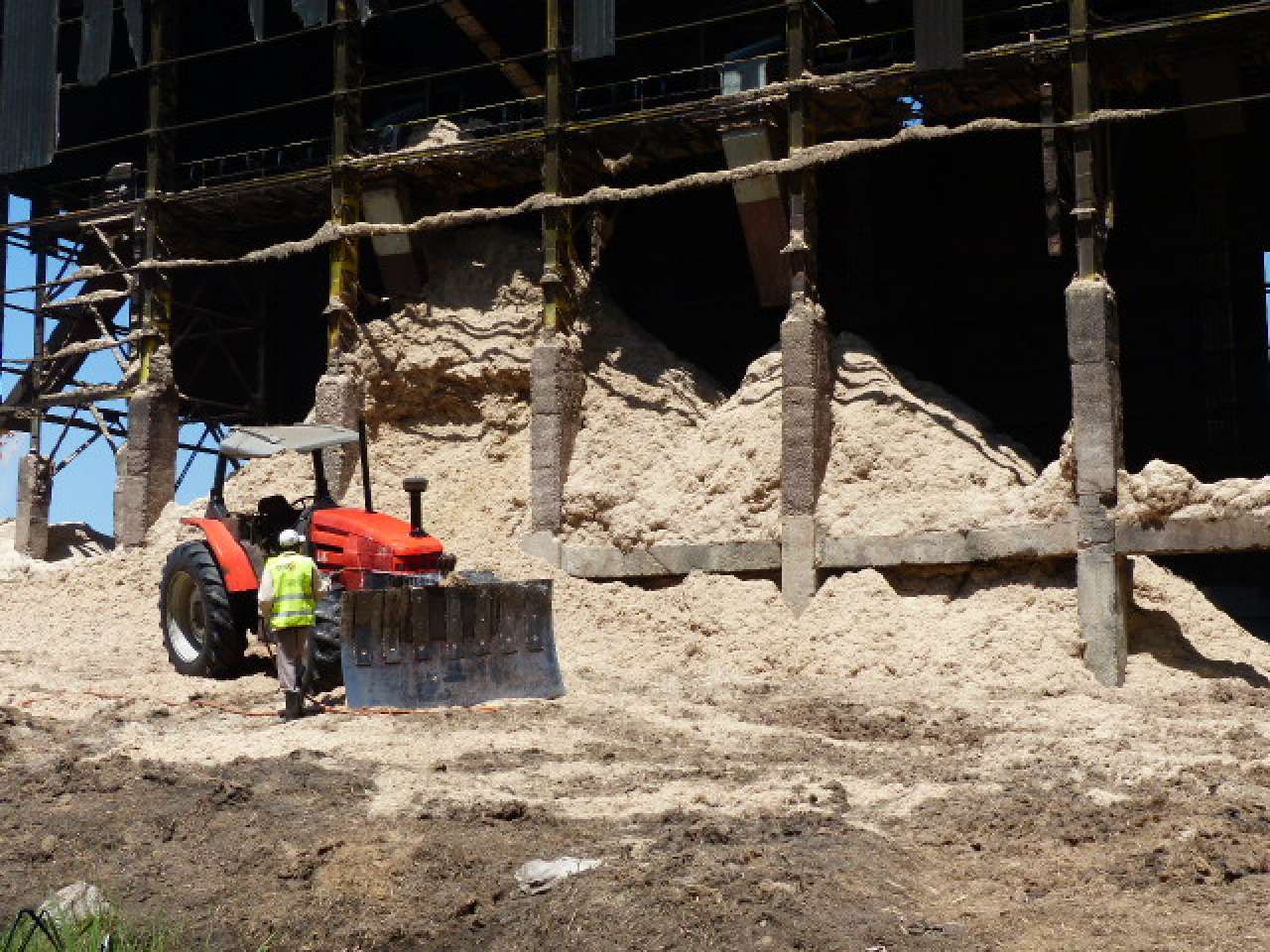
End: dec 2022
Start: oct 2018
The main objective of the project is to develop a biofuel briquettes production and supply value chain from waste bagasse to market. Biofuel4Kenya will improve framework conditions for private sector development in the biofuel value chain, in order to boost commercial production of carbonized biomass briquettes from agro-industrial residues in western Kenya.
Project participants
Anne Strøm Prestvik Adam O´ToolePlanned or ongoing Activities: (project period 2018-2021)
- Developing an agreement between a private sugar producer industry and three community cooperatives in three different villages for supply of waste bagasse of at least 60 tons per day.
- Reorganizing three village cooperatives into one union of 150 members, majority women, provide technical and business training on the needed skill for the value chain and introduce proven technology to convert waste bagasse into biofuel briquettes.
- Develop briquette production technology together with one engineering cooperative union (partner).
- Develop business skills and marketing, with weekly deliveries of 15 tones/week fuel- briquettes by the end of the project.
- The project has currently employed at least seven Kenyans professionals (accountants, engineers, technicians) on fulltime basis, and involve at least additional twenty young individuals on daily basis (construction, infrastructure, and piloting phase). Towards the end, the project will directly provide 40-50 decent jobs, and generate income to the cooperative unions and others along the value chain for biofuel distribution, storage and sales.
- The project will facilitate a stronger partnership between Kenyan and Norwegian partners, and establish a basis for waste-to-fuel production at industrial scale with a big potential for expansion of production units and consumer base.
| Status | Active |
| Start - end date | 01.10.2018 - 31.12.2022 |
| Project manager | Belachew Gizachew Zeleke |
| Division | Division of Forest and Forest Resources |
| Department | Forest and Climate |
| Partners | NIBIO, Kenya Forestry Research Institute, Agriculture and Food Authority - Directorate of Sugar, Norges Vel and Gum Arabic and Resins Association. |
| Total budget | 15000000 |
| Funding source | NORAD |
CO2 emissions will be reduced through substituting natural forest-based wood fuel and charcoal, the major cause of deforestation in Kenya. Further, environmental pollution from waste bagasse disposal will be reduced.
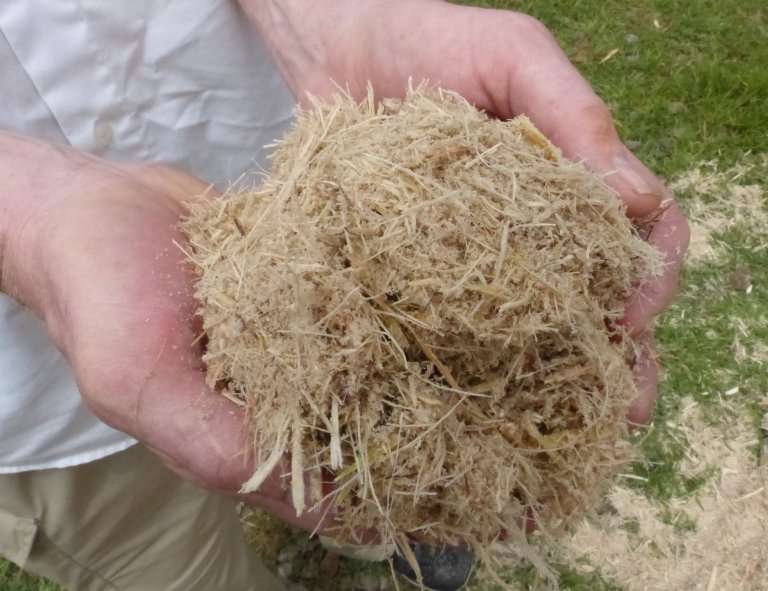
The Norad funded project, led by NIBIO, engages 10 consortium partners involving two Norwegian and eight Kenyan national and local partners. For Implementation, the project is structured under three work packages:
WP1: Strategic Partnerships and Project Management
Developing the project organization and management, and implementation structure, as well as grounding the basis to facilitate the implementation of the other two work packages.
WP2: Capacity building in biofuel technologies, access to raw materials and technical skills
Involves designing and developing a complete system of production, a system for converting biomass waste into a carbonized briquette, readily available to market. The system consists of 6 components:
1) logistic for waste transport for a continuous delivery of feedstock that enables production of at least three tons of briquette a day.
2) a system of drying and storage
3) Biomass carbonization system: designing and developing an efficient system for converting the raw feedstock into biochar,
4) A biochar to briquet conversion system;
5) Briquette drying and storage that facilitates easy movement, improved ergonomics and faster drying.
6) Briquette packaging, storage, and sales.
WP3: Business and market development and access to financial services
This involves:
1) A sustainable business advice service for SMEs in the renewable energy value chain
2) Key market segments identification and trade-up cooperation agreements between producers with distributors and large public and private consumers for sustainable supply, distribution and consumption of clean upgraded biofuel.
WP3: Business and market development and access to financial services
This involves:
1) A sustainable business advice service for SMEs in the renewable energy value chain
2) Key market segments identification and trade-up cooperation agreements between producers with distributors and large public and private consumers for sustainable supply, distribution and consumption of clean upgraded biofuel.
